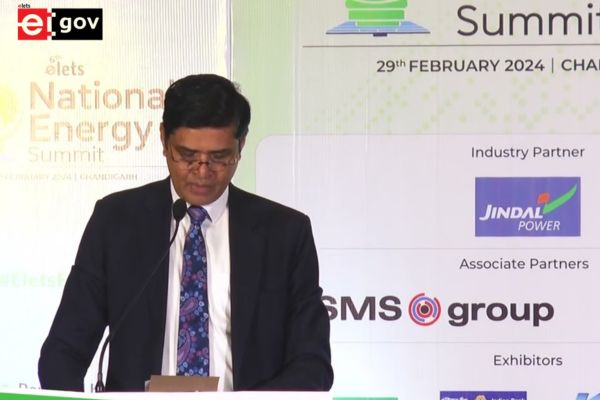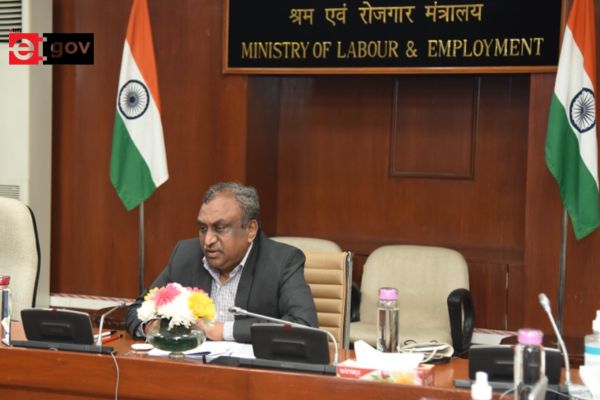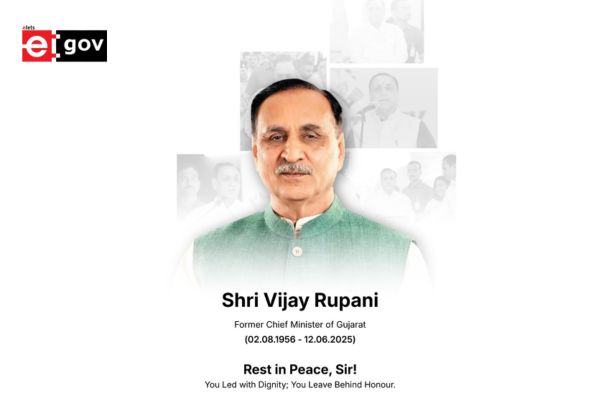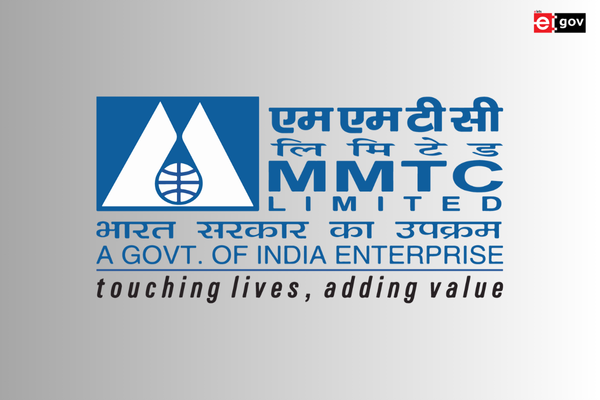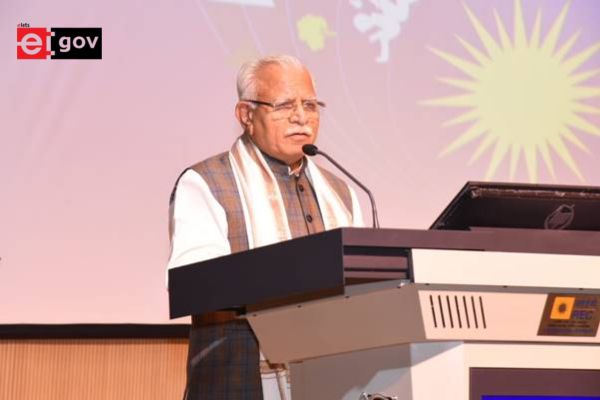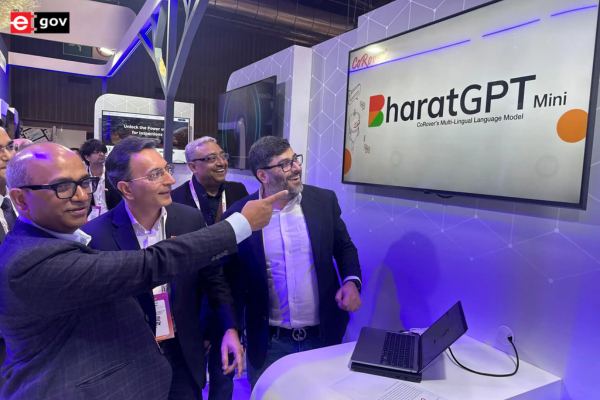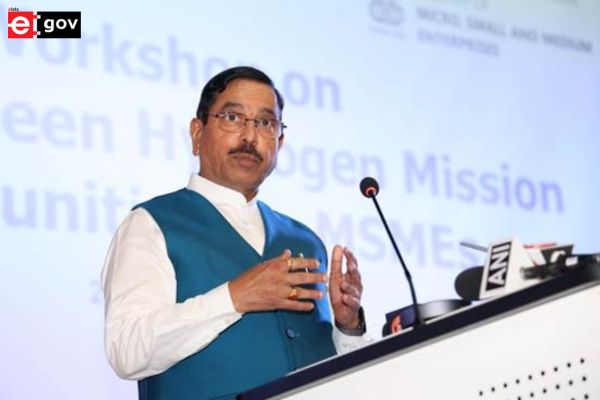
In a significant move towards accelerating India’s clean energy transition, Union Minister for New and Renewable Energy, Shri Pralhad Venkatesh Joshi, launched the Green Hydrogen Certification Scheme of India (GHCI) at a national workshop held in New Delhi. Organised by the Ministry of New and Renewable Energy (MNRE), the one-day workshop focused on exploring the role of Micro, Small, and Medium Enterprises (MSMEs) in the green hydrogen supply chain.
The event witnessed participation from over 300 delegates, including representatives from MSMEs, industry associations, policy think tanks, international organizations, and technology providers. The gathering underscored the growing interest and potential of MSMEs to contribute to the evolving green hydrogen ecosystem in the country.

In his inaugural address, Minister Joshi emphasised the government’s commitment to innovation-led growth, noting that MSMEs are poised to serve as the backbone of India’s green energy ambitions. He underlined that the Green Hydrogen Certification Scheme will play a pivotal role in establishing a credible and transparent framework to certify green hydrogen production, thereby ensuring market integrity and traceability.

Speaking on the implementation progress of the National Green Hydrogen Mission, Shri Santosh Kumar Sarangi, Secretary, MNRE, highlighted the importance of capacity building, facilitating access to finance, and enhancing technology linkages for MSMEs. He reaffirmed the Ministry’s support in creating robust institutional and infrastructural frameworks to enable MSMEs to thrive in the green hydrogen economy.

The workshop featured four technical sessions focusing on key aspects of the green hydrogen value chain:

- Technology Collaboration for MSMEs: Experts discussed R&D partnerships, indigenous manufacturing of critical components like electrolysers and bipolar plates, and collaboration with academic and research institutions.
- Business Opportunities in the Supply Chain: The session explored scalable business models, global market trends, and strategic integration of MSMEs into large-scale green hydrogen projects.
- Decentralised Hydrogen Production via Biomass: Presentations showcased the potential of rural hydrogen generation through thermochemical and biochemical biomass conversion, promoting decentralised, circular economy models.
- Catalysing Investments: Financial experts from institutions including the World Bank, IREDA, and KfW deliberated on risk mitigation strategies, green credit lines, and investment facilitation for MSMEs.
Also Read :- Vodafone Idea Launches 5G Services in Chandigarh and Patna
Participants advocated for the establishment of standardised protocols, innovation hubs, and Green Hydrogen Clusters to support collective MSME efforts and scale up operations efficiently. The discussions also emphasised the importance of consistent policy frameworks and strong market signals to stimulate long-term private investment.
The National Green Hydrogen Mission, launched by the Government of India, aims to position the country as a global leader in green hydrogen production, usage, and export. By 2030, the Mission targets a production capacity of at least 5 million metric tonnes annually, supported by 125 GW of renewable energy capacity, with expected investments exceeding ₹8 lakh crore, creation of over six lakh jobs, and a substantial reduction in fossil fuel imports and greenhouse gas emissions.
Be a part of Elets Collaborative Initiatives. Join Us for Upcoming Events and explore business opportunities. Like us on Facebook , connect with us on LinkedIn and follow us on Twitter, Instagram.
"Exciting news! Elets technomedia is now on WhatsApp Channels Subscribe today by clicking the link and stay updated with the latest insights!" Click here!




